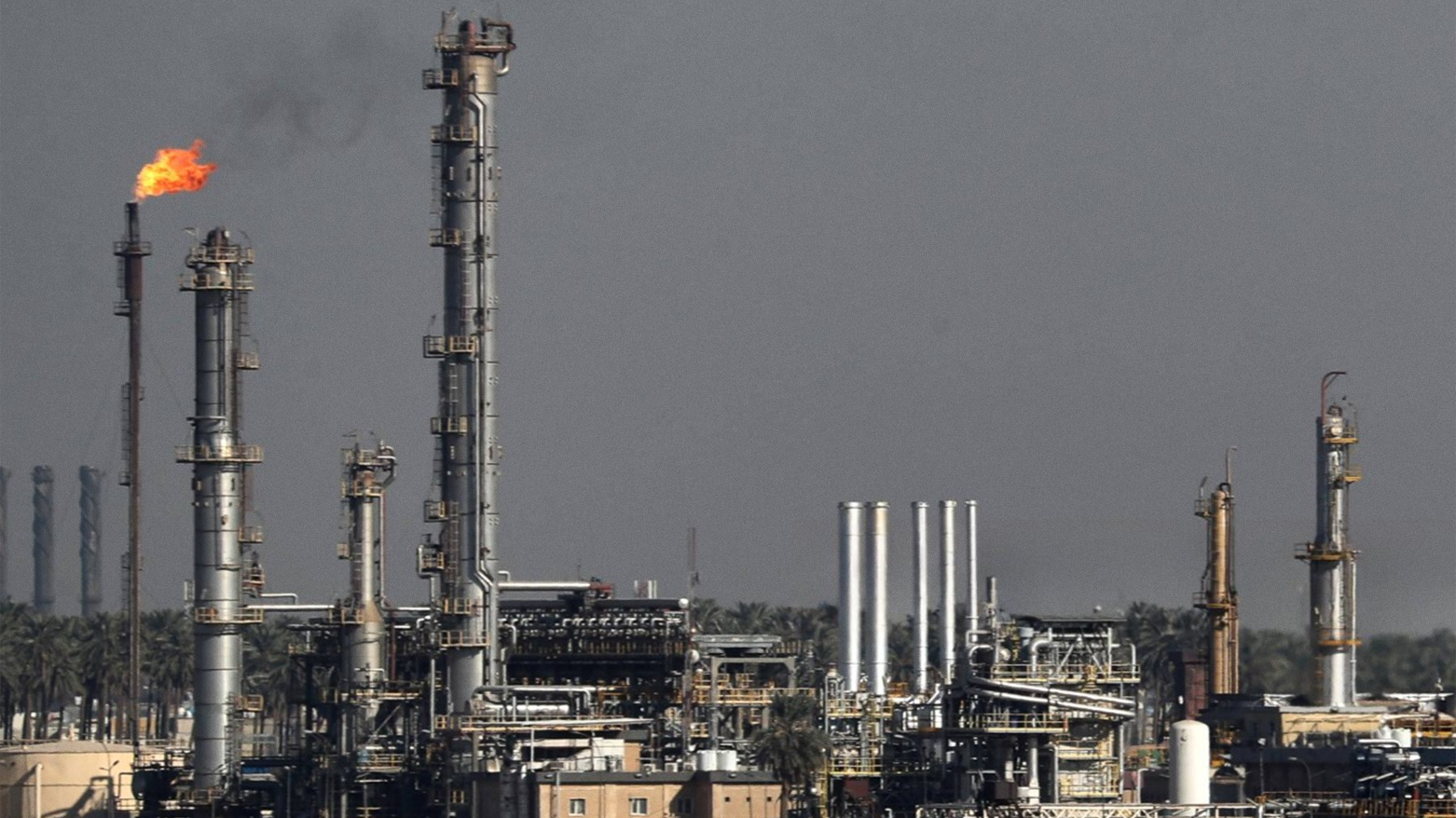The Deep State Beneath Iraqi Oil Wells: Corruption Grips Midland
The company's exemption of contractors from tax obligations—particularly at the al-Ahdab oil field—is among the most prominent scandals under review.

By Kamaran Aziz
ERBIL (Kurdistan24) – Iraq’s Midland Oil Company, or Wasat, once viewed as a vital pillar of the nation’s energy infrastructure, has come under intense scrutiny following a deluge of corruption allegations implicating senior officials and politically affiliated figures in systematic financial misconduct, contract manipulation, and administrative malpractice.
The Oil and Gas Committee has called for an urgent investigation into what it describes as rapid and suspicious enrichment among employees, citing unexplained financial inflation and widespread abuse of public resources.
The company's exemption of contractors from tax obligations—particularly at the al-Ahdab oil field—is among the most prominent scandals under review.
According to Iraq’s Integrity Commission, the operating company al-Waha applied a “net pricing” scheme in subcontracts that bypassed tax payments, depriving contractors of rightful entitlements and the state of significant revenues.
Reported by Tawasul News Network, the web of corruption appears to be tightly controlled by two individuals: Amjad, known widely as Abu Dalal, and his associate Mahmoud. These figures reportedly operate out of al-Qadisiyah and Baghdad, exerting shadow influence over the company’s internal affairs.
Lawmakers have directly accused them of engineering Iraq's Midland Oil Company’s major decisions, with Member of Parliament Alaa al-Haidari stating that Abu Dalal maintains a direct economic link to the company’s General Director.
As reported by Tawasul News Network, another MP, whom the news network only named as Yasser, revealed that “no contract or decision is processed within the company without passing through their offices in Baghdad,” where predetermined bribe percentages—often up to 20%—are allegedly imposed.
This parallel power structure, as detailed by Tawasul News Network, functions entirely outside Iraq’s legal framework, suggesting a deeply rooted corruption apparatus.
Other troubling revelations include the alleged appointment of a deputy general manager with no prior oil industry experience—having previously served only as a voluntary police officer.
Employees of Midland Oil Company have issued repeated pleas to regulatory bodies, warning that incompetent and politically appointed individuals are undermining the company’s integrity.
The crisis extends to Iraq’s strategic gas assets. MP Ali Saadoun al-Lami pointed to the mishandling of the Akkas gas field—once awarded to a foreign firm that exited in 2014 and later reassigned to a Ukrainian shell company, UkrZem Resources, which lacks equipment, operational records, and sector experience.
Although the contract with UkrZem was officially canceled in March, as detailed by Tawasul News Network, the firm is now pursuing international arbitration, calling the termination unlawful. Despite these developments, no investigation has been opened, nor have the decision-makers faced accountability.
MP Zainab al-Mousawi disclosed to Tawasul that “political entities embezzled millions of dollars through manipulation in awarding the contract.” The Akkas field alone had the potential to produce 400 million standard cubic feet of gas daily—equivalent to 35% of Iraq’s Iranian gas imports, a critical capacity amid the country’s energy crisis.
The Mansuriyah gas field has faced similar dysfunction.
Having cycled through Turkish, Chinese, and other foreign companies, the project remains stagnant. According to lawmakers, negligence and administrative mismanagement lie squarely with the General Director of Midland Oil Company, who has failed to advance development despite growing energy demand.
The Parliamentary Oil and Energy Committee has submitted over 10 files to the Public Prosecutor, accusing the General Director of awarding contracts to unknown firms and fostering a toxic, dictatorial management style.
As reported by Tawasul News Network, the decisions and appointments orchestrated from Abu Dalal’s office signify a fully operational “deep state” within the company.
Social media platforms have erupted in outrage, with users ridiculing Abu Dalal as a “kingmaker” and “the man running the show,” highlighting the perceived impunity enjoyed by these behind-the-scenes figures.
Beyond scandal, the implications are dire. Iraq’s worsening energy shortfall, compounded by the halt of Iranian gas supplies, underscores the urgency of tapping Akkas and Mansuriyah. Instead, the country is left paralyzed by fictitious contracts and phantom firms, with its energy sovereignty hanging in the balance.
The crisis at Midland Oil Company now stands as a litmus test for Iraq’s commitment to reform. The public and parliamentarians alike demand not just transparency, but full accountability. Those implicated—including Abu Dalal, Mahmoud Al-Jubouri, and their network of enablers—must face justice. Ill-gotten gains must be returned, and contracts with shell companies must be rescinded. Anything less, critics warn, will mark a wholesale capitulation to institutionalized corruption.